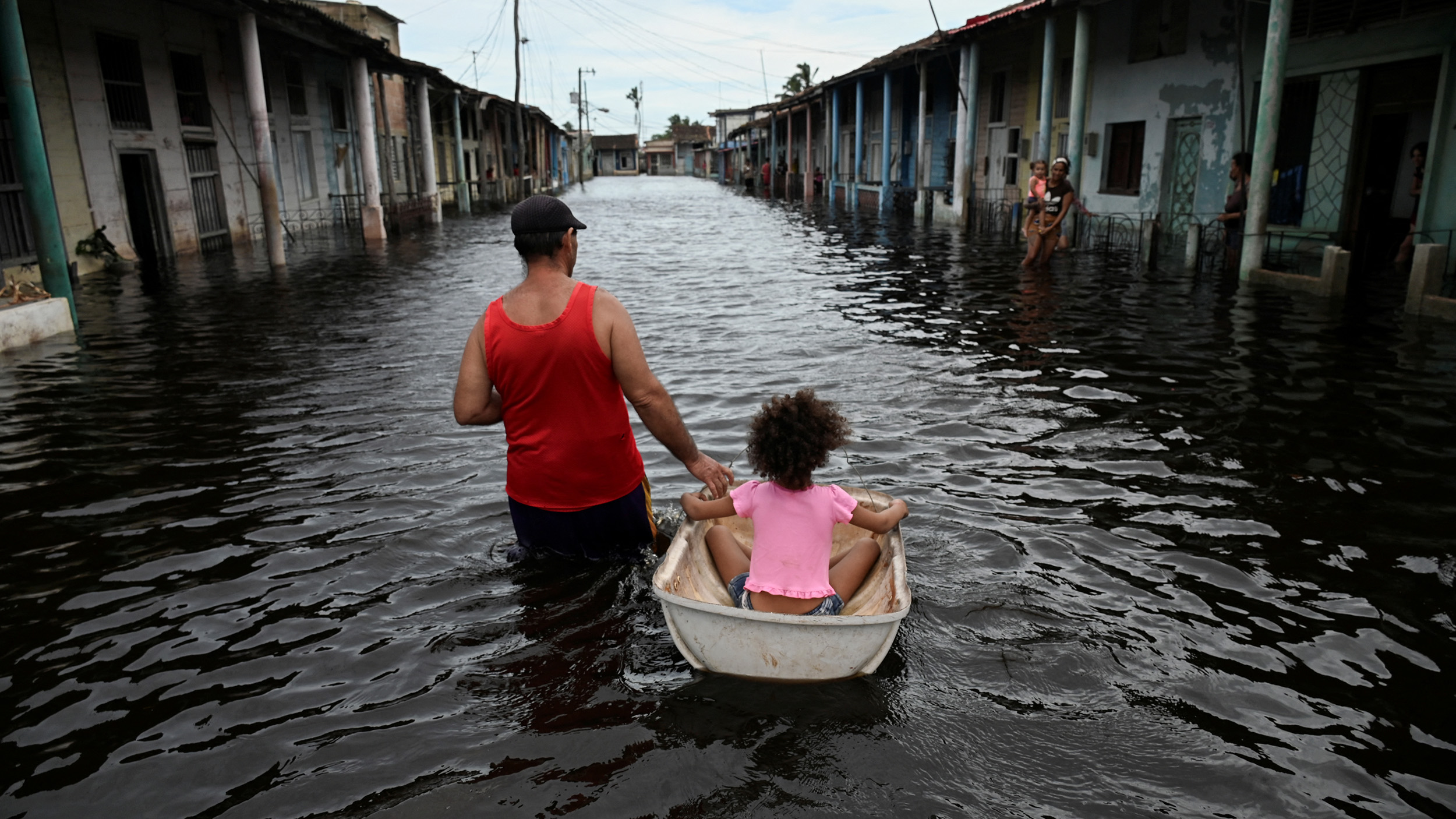You Are More Likely To Drown Than Die From A Terrorist Attack

A friend of mine sent me a text message yesterday. “Should we be worried about retaliation?” I was in the middle of something, so I gave her a one word reply. “Yep.”
It wasn’t until later that I thought about the level of anxiety that the public is feeling right now. So even though I need to give some topics other than the Osama bin Laden whirlwind some attention this week, I’ve decided that stuff can wait another day while I try to come up with a more satisfying answer.
My first inclination is to tell my friend that if she were to apply the laws of probability, as boring and as predictable as they are, to the likelihood of her or her loved ones being the victims of a retaliatory terrorist act, she would find out that she is more likely to:
— You are 12,571 times more likely to die from cancer than from a terrorist attack
— You are 1048 times more likely to die from a car accident than from a terrorist attack
–You are 404 times more likely to die in a fall than from a terrorist attack
— You are 87 times more likely to drown than die in a terrorist attack
— You are 13 times more likely to die in a railway accident than from a terrorist attack
–You are 12 times more likely to die from accidental suffocation in bed than from a terrorist attack
–You are 8 times more likely to die from accidental electrocution than from a terrorist attack
Even though all of these numbers make perfect sense, they are a lot like my one word reply to my friend’s query – they probably have not supplied her with a comforting sense of emotional assurance. Add to the equation the nonstop analysis of the last few day’s events on every news channel along with our newly dredged up memories of September 11, 2001 and you get a nation of pleased but nervous citizens. Brian Michael Jenkins talks about our fear of terrorist acts in his book Unconquerable Nation: Knowing Our Enemy, Strengthening Ourselves, available for free in ebook form from the RAND Corporation.
“Psychologists have learned that we rank fatal events by roughly squaring the death toll per event. An automobile accident with one fatality is seen as one fatality. One hundred accidents with one fatality apiece are still seen as 100 deaths. But a single event with ten fatalities has the same psychological impact as 100 individual fatalities, and an event with 100 deaths has the impact of 10,000 deaths.
This is why we pay more attention to increasingly rare airline crashes, which usually involve many fatalities, than we do to the much larger national death toll from automobile accidents. The terrorist attack on 9/11, with nearly 3,000 dead, had the psychological impact of millions dying.”
Unconquerable Nation: Knowing Our Enemy, Strengthening Ourselves
I’m no advocate of the evening news programs or cable news shows, which have no doubt played their own part in exacerbating our fears as a nation, but if that’s where you are used to getting your news, you will have to grin and bear it for a few more weeks. The time I’ve spent perusing military and counterterrorism blogs these past couple of days have me convinced that most of us are unaware of the immense level of security infrastructure or the elite level of expertise our military and intelligence agencies utilize to keep us safe on a day-to-day basis.
It isn’t a fluke that the last known terrorist attempts on U.S. soil have been thwarted or failed. Heightened security measures and a relentless global intelligence gathering effort over the past nine and a half years by the guys who find needles in haystacks for a living have weakened the shadowy network of alliances we call Al Qaeda.
They are weakened, but not eradicated. President Obama did say “justice has been done”, but the struggle to find terrorist groups before they find their targets will continue…
…maybe I should have stopped at “yep” and left it at that.




